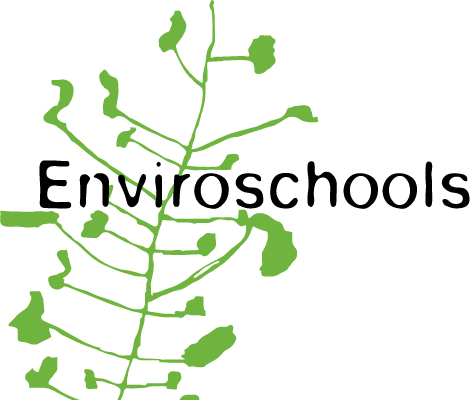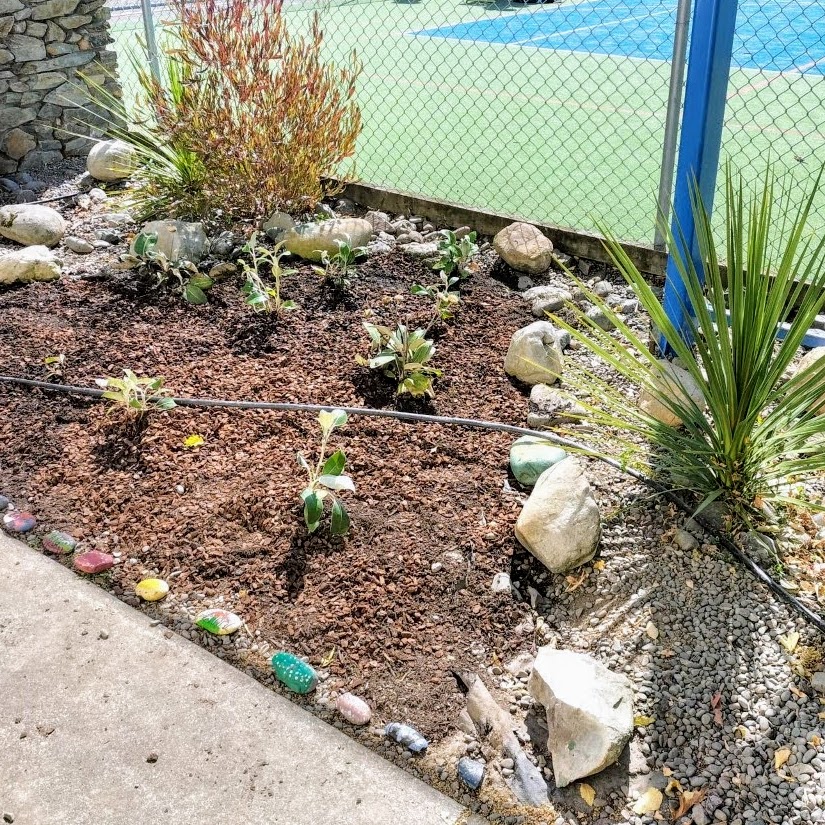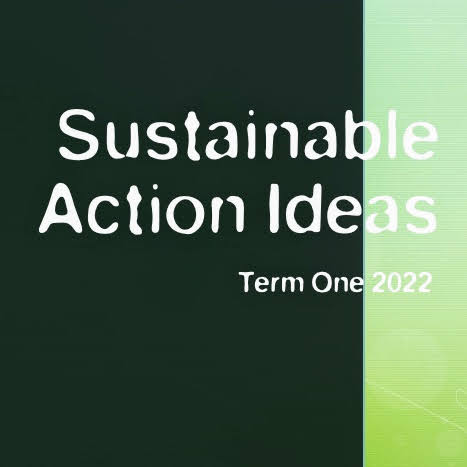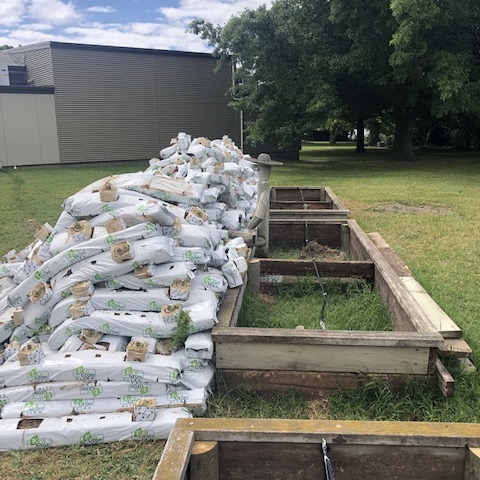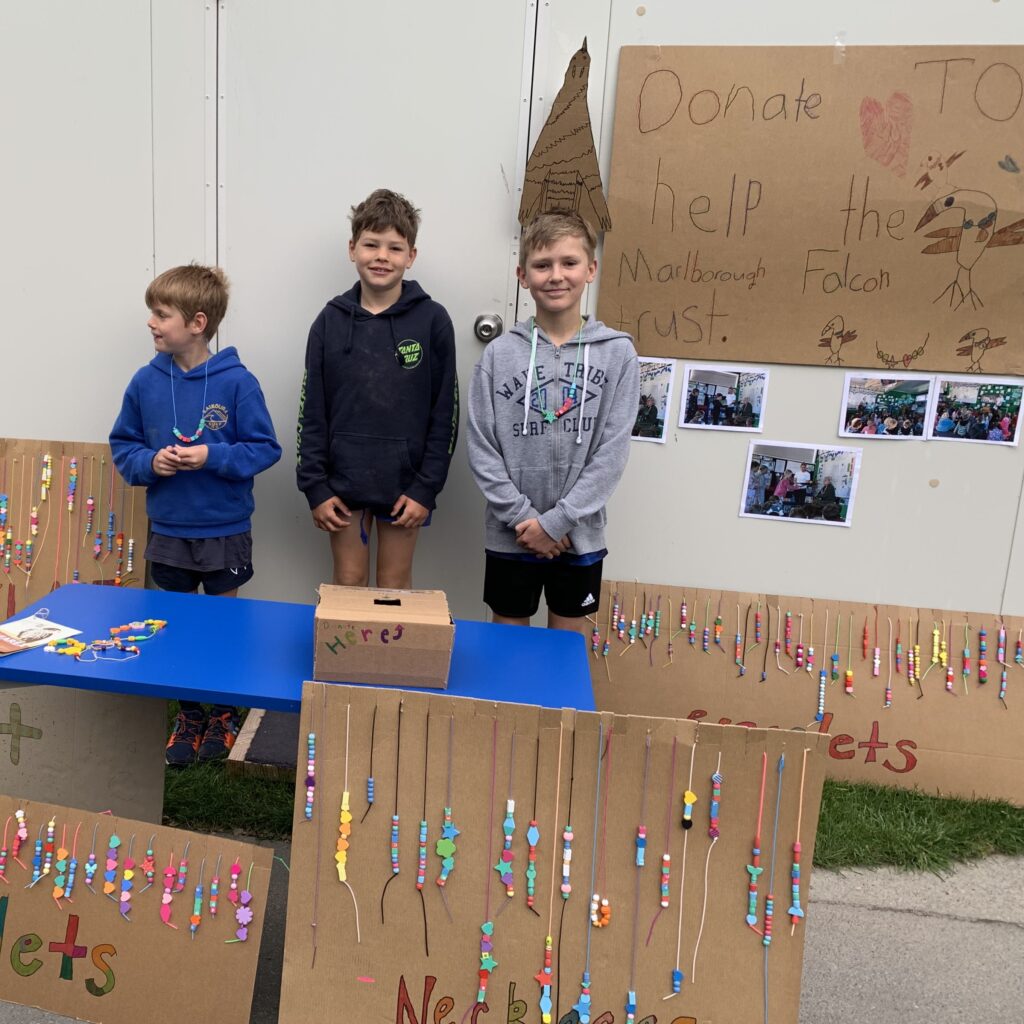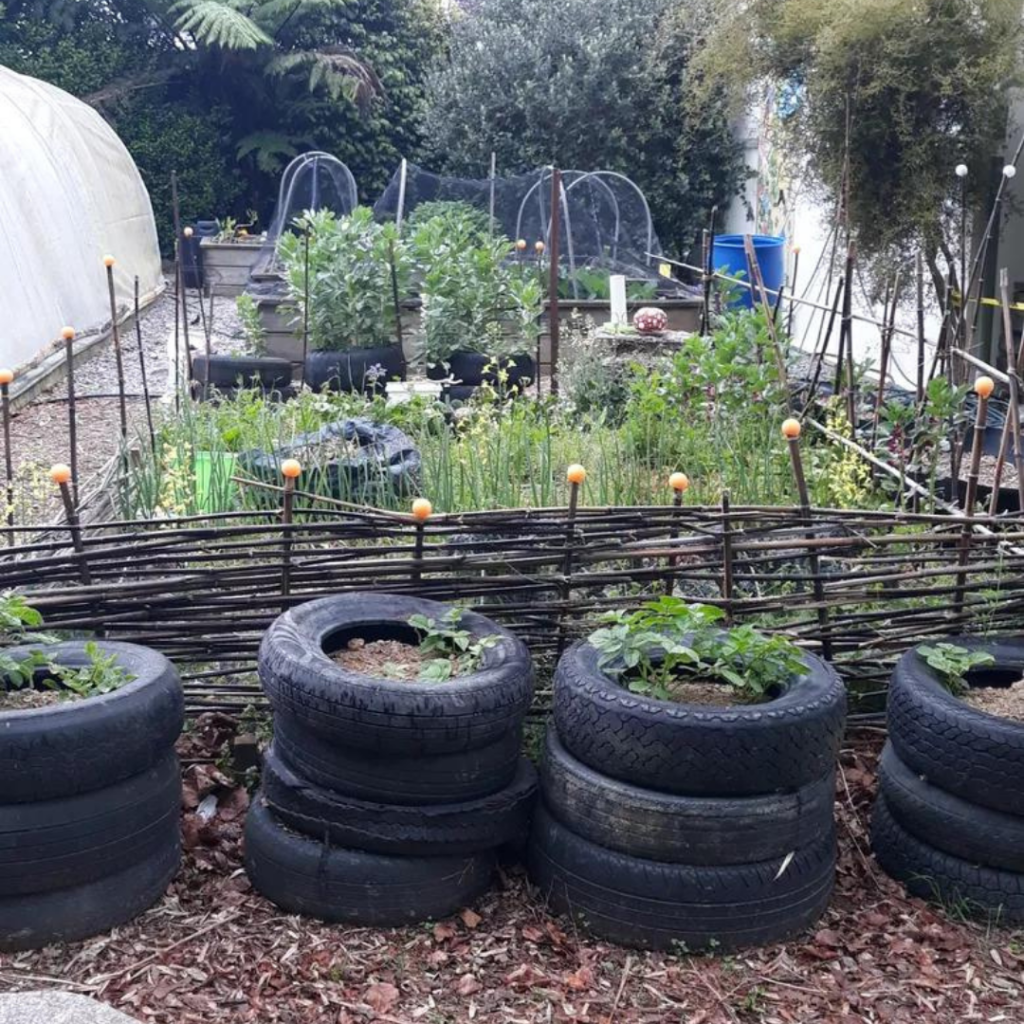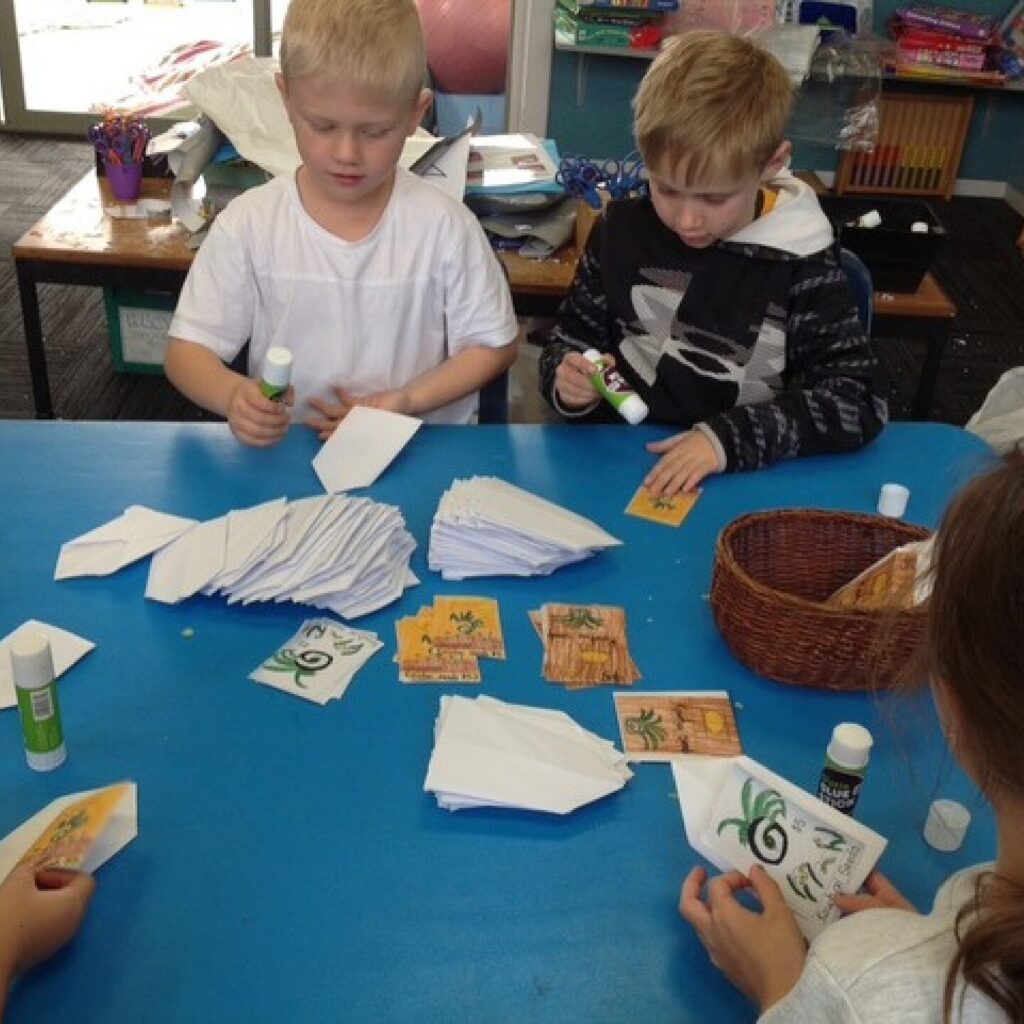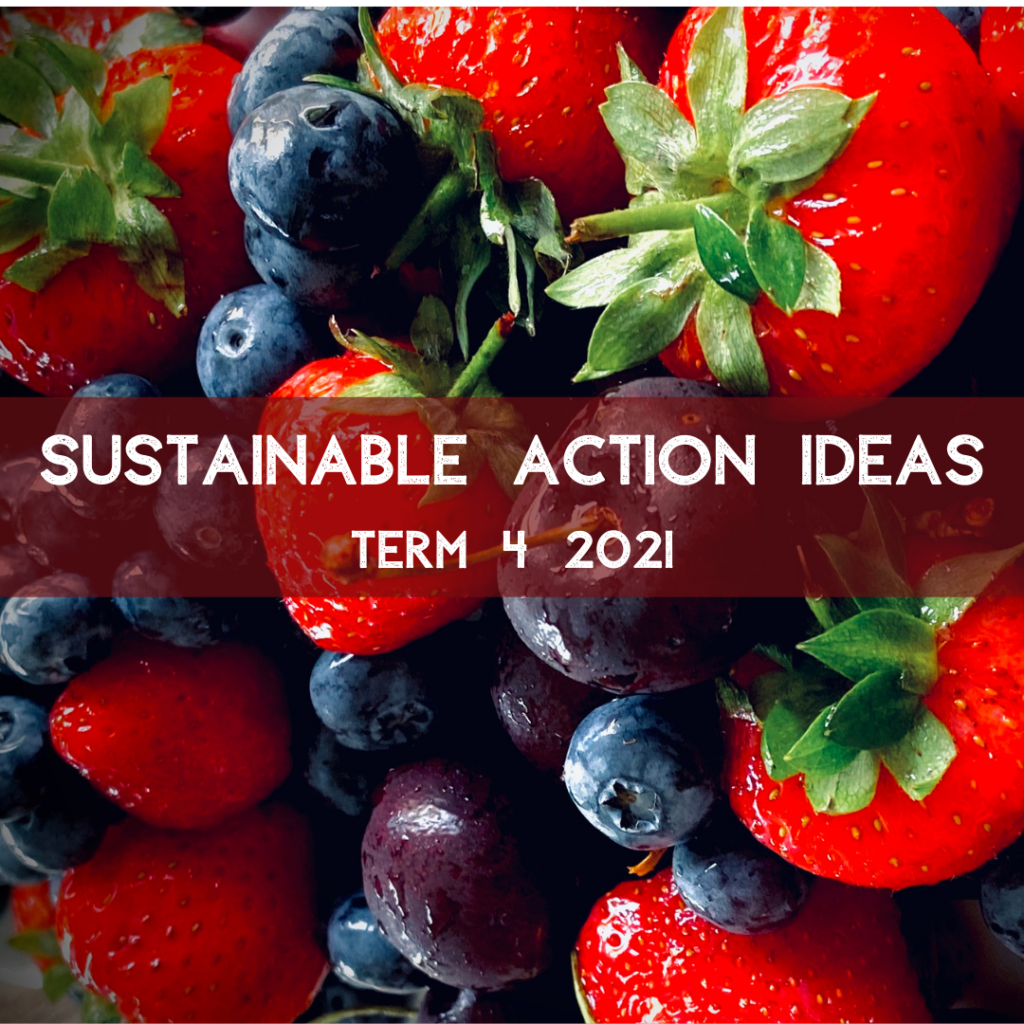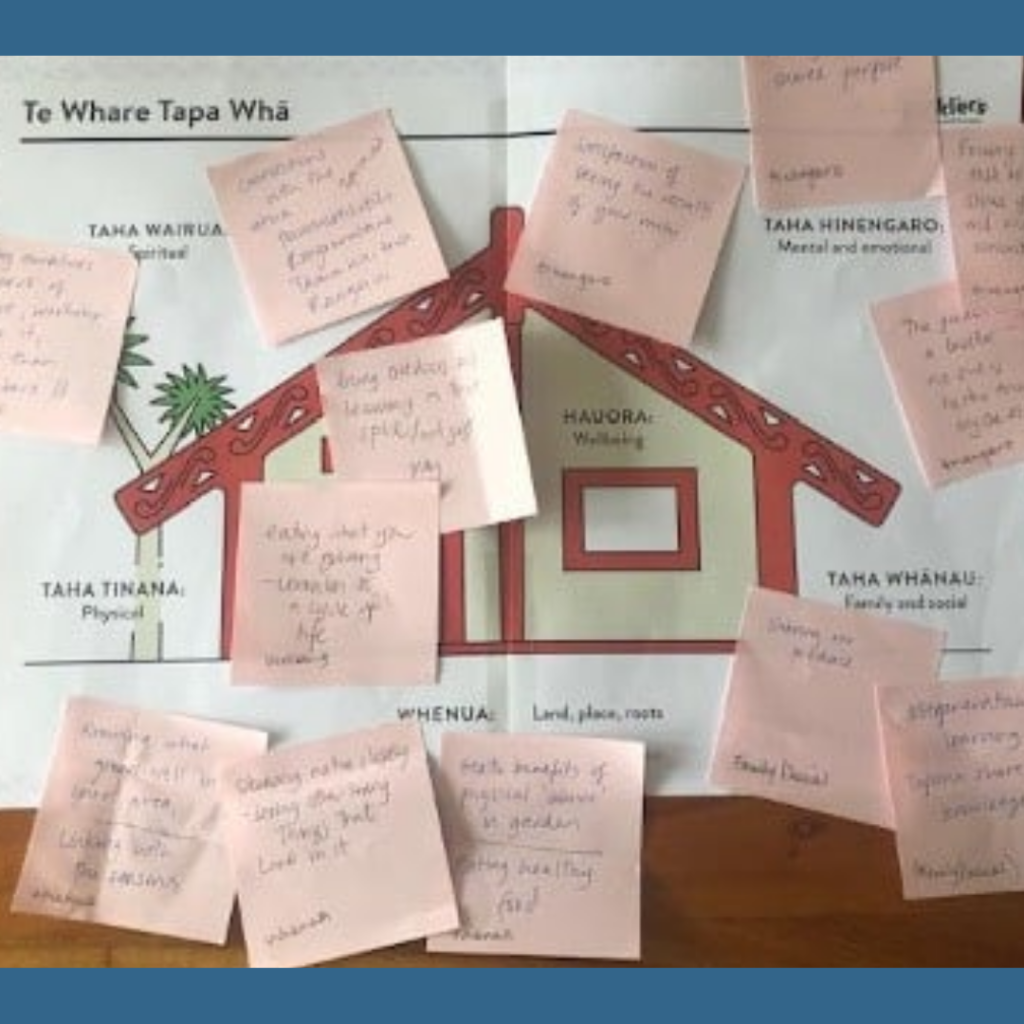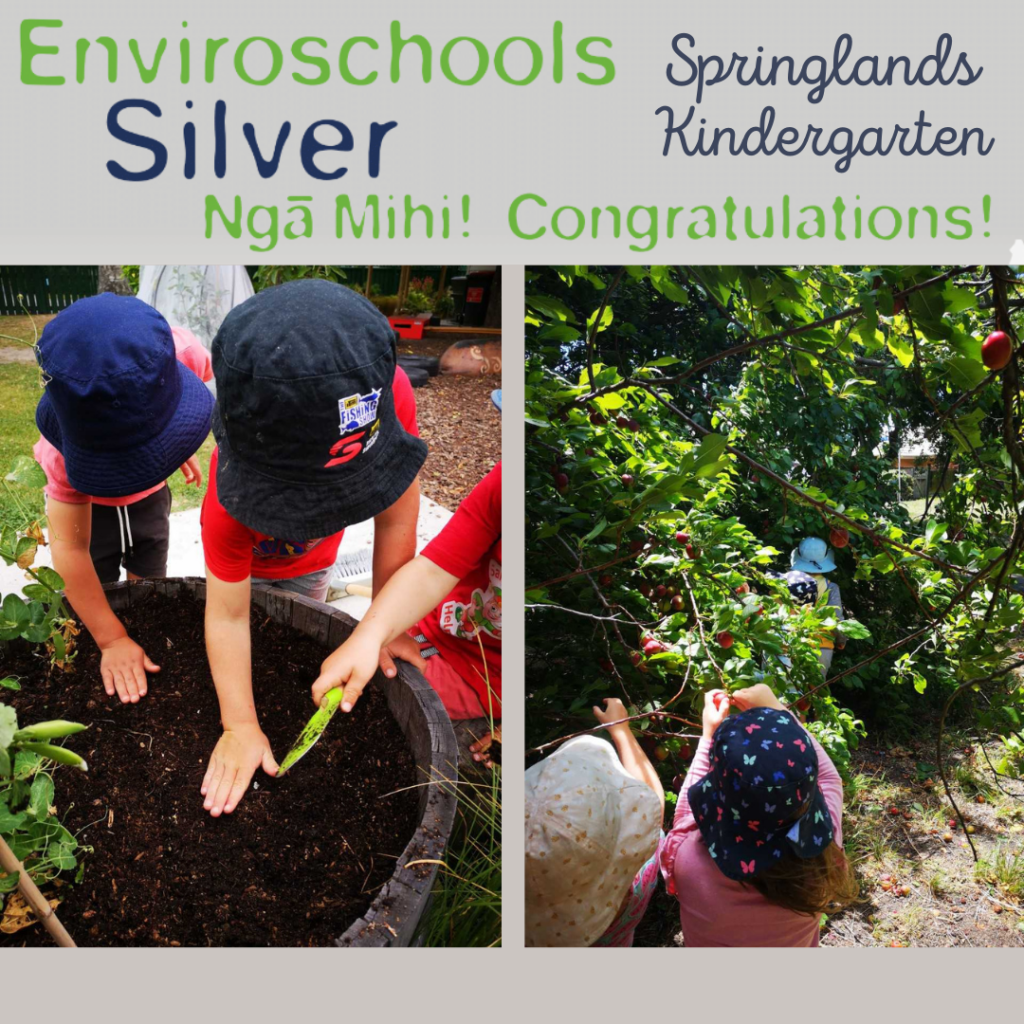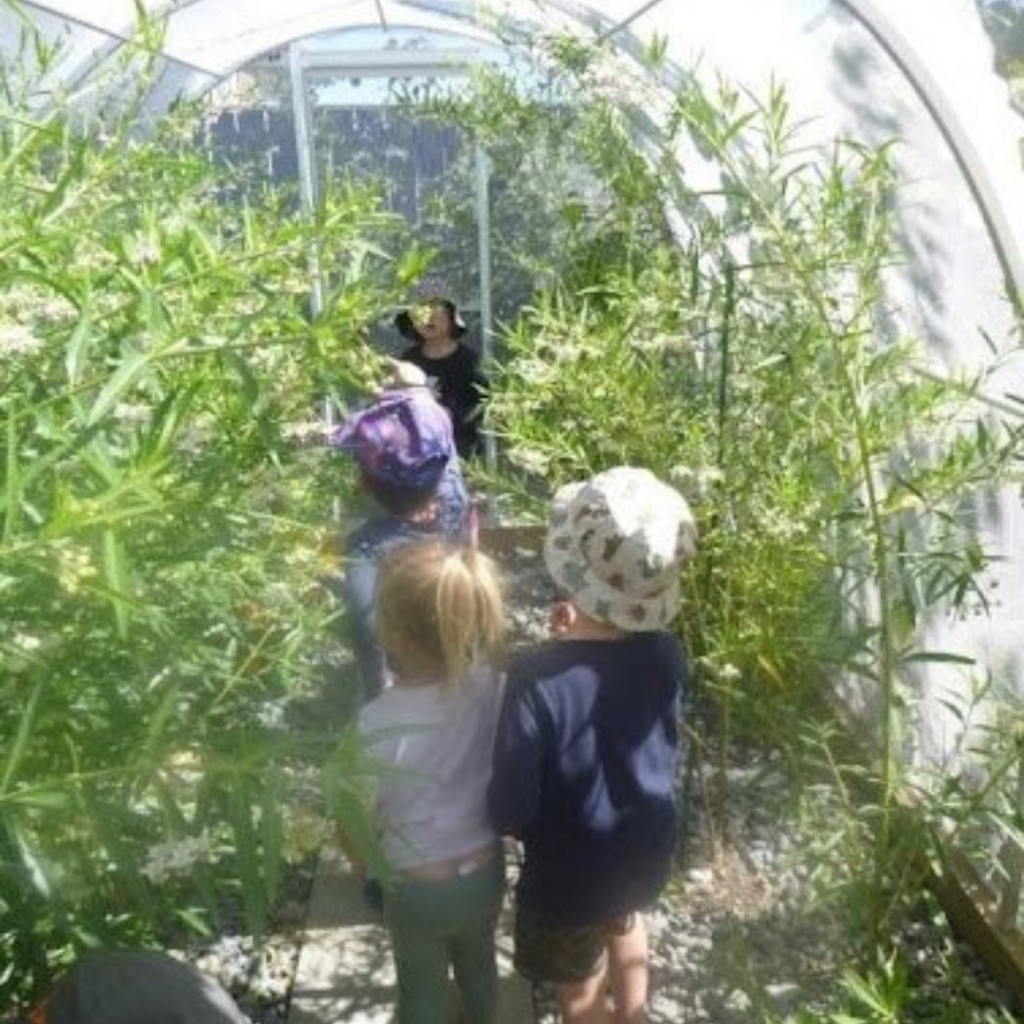Fairhall’s Native Garden Entrance
Fairhall School's native garden entrance has a makeover Fairhall School has a meandering native garden created to grow beside a stream space that only has water in it for part of the year. It has a bridge over this space and is an area the school highly values. Over the years it has been added to and this time it was the native garden entrance that got a makeover. One of the senior classes and their teacher has been busy doing some planning and work to the entrance. They recently overhauled the Marlborough Rock Daisy garden at the entrance to the garden/ngahere. As part of this space they have created a bark mountain to...
Read More